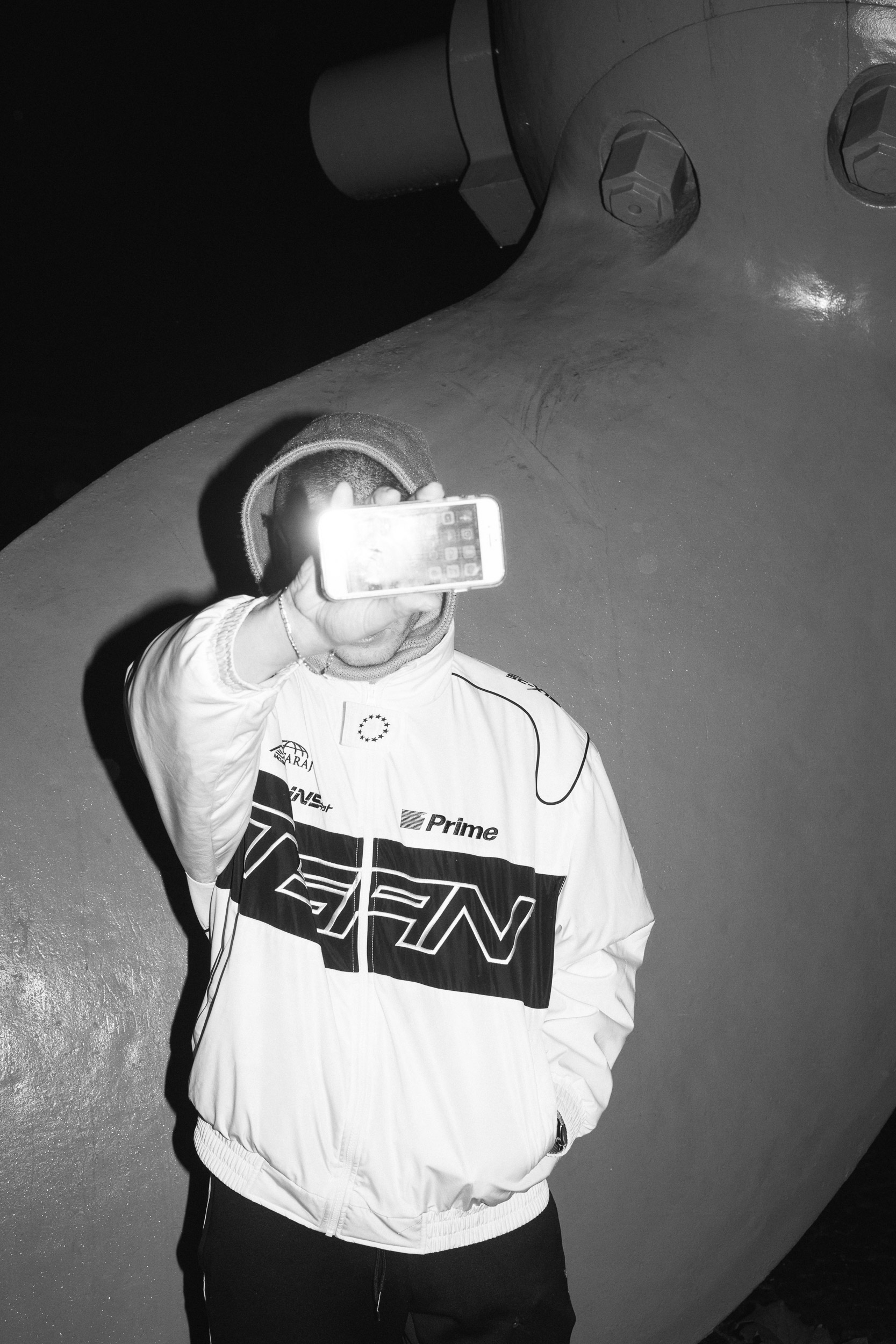Digital Detox –
saviour or fighting the symptoms?
Live sustainably
Nicole Gutschalk • 19.12.2018
We are permanently online – chatting, tweeting, mailing, liking, scrolling or posting. But many of us feel unable to cope with the digital dimension in our lives. Can a digital detox be helpful? Or are we just fighting the symptoms?
We do it in bed, when we get up and go to sleep, on the bus and in the tram, when waiting in a restaurant, at the supermarket checkout, at the dining table, in the office as well as in our coffee breaks – yes even on the toilet: Staring at our Smartphone. According to studies, we do it about 88 times per day – that’s how often our mobile phone is unblocked on average on a single day. If we assume that we spend about eight hours sleeping, we therefore let ourselves be under the spell of our mobile screen every twelve minutes overall. Even if it’s only briefly to check the time. However, it’s usually to like a few posts on Instagram, just have a glance at our Facebook friends, tweet some comments to the world or read emails and chat messages – which we also answer immediately if at all possible. Investigations regarding our digital behaviour have shown that we carry out about 2,600 activities per day on our Smartphones. But anyone who wants to know exactly, can for example use Update iOS12 developed by Apple. This is because it measures our screen time to the minute. However, certain apps, such as Instagram, also already contain information on how long they are being used.
Have we therefore now all turned into asocial digital junkies?
Perhaps we should not be quite so hard on ourselves. This is because a few things have happened over the last few years. For example our Smartphones have become unbelievably smart. So smart in fact that we can listen to music, take photos, buy train tickets, book flights, pay for our supermarket shopping, plan meetings and watch films with them. All things, which we would have done anyway, although we would have used several devices.
But nevertheless: The desire for peace and quiet, for digital downtime is huge and is called a digital detox.
Digital detoxification should be healing for all of us. It should banish our disrupted sleep, reduce feelings of stress and make us more likely to make contact with people. Digital detox should let us become the person we were before the era of the Smartphone. In other words, people who like to perceive their surroundings using all their senses. People who concentrate on the conversation around the table when they are eating an evening meal with friends and don’t allow themselves to be distracted by the vibrating, flashing, whistling and buzzing of our mobile phone every minute. But how does such a digital detox work in the first place?
The options are endless. If you enter the search term “digital detox” in Google, you will find about 55 million entries. For example, we can detox by taking ourselves off to a monastery for about a week and handing our Smartphones over to the porter. But luxury hotels, camps and all kinds of therapists also seem to have an answer as to how we can free ourselves from the addiction to the “devices of the devil”, return to being closer to nature and pay more attention. However, if one reads reports of experiences by participants, it quickly becomes clear that the mobile phone downtime might have been quite a nice thing, but it didn’t really change behaviour after the detox period.
Is digital detox therefore complete humbug?
Are we still condemned to go through the world as digital zombies and let our lives be stolen by the Smartphone? If one listens to experts – from neuroscientists, via motivational psychologists to psychotherapists and communication scientists – then the answer is pretty unanimous: The solution is not to do without the Smartphone – on the contrary, we as the user have to learn to handle the new technology consciously. Or as Lutz Jäncke, Professor for Neuro-psychology recently stated in an interview with Swiss television: “The mobile phone is not the objectified evil. Demonizing the Smartphone would be like saying: Eating makes you fat so I’ll stop eating. On the contrary, we must learn to eat correctly.” But how is this possible?
The answer seems trivial, but is actually extremely effective: Put your mobile phone away from time to time. Full stop. At least at clearly defined times. For example when you are sleeping. This is because the blue light from the screen means that the release of the “sleepy” hormone melatonin is disrupted among other things. In short: We are sleeping badly. Anyone who has an alarm clock, will once again have a restful night’s sleep. But there are also other places in our home which are excellent for banning mobile phones. Such as the dining table. Because truthfully: What’s more irritating that a neighbour at the table, who is constantly glancing at his Smartphone display? And which email can seriously be so important that we have to answer it at the same time as we are slurping up our spaghetti? Quite.
Here are a few more tips, with which we can avoid spending unnecessary time on our Smartphone:
- Buy a watch. Or ask other people for the time.
- Put your mobile phone away in a drawer while you are at work – think of the slogan: Out of sight, out of mind.
- Switch off push messages. It makes more sense to bundle our messages and flick through them once or twice a day.
- Deliberately leave your mobile at home. For example when we go shopping or meet friends in a restaurant.
- Learn a craft. Whether its cooking, knitting, pottery, woodcarving or painting – the more digital the world becomes, the more stimulating crafts are. Promise.
Who knows, with these simple tricks we might manage to fool ourselves and regulate our actual use of our Smartphones in such a way that it doesn’t make us unhappy. We’re working on it.
Photography: Manuel Nieberle


